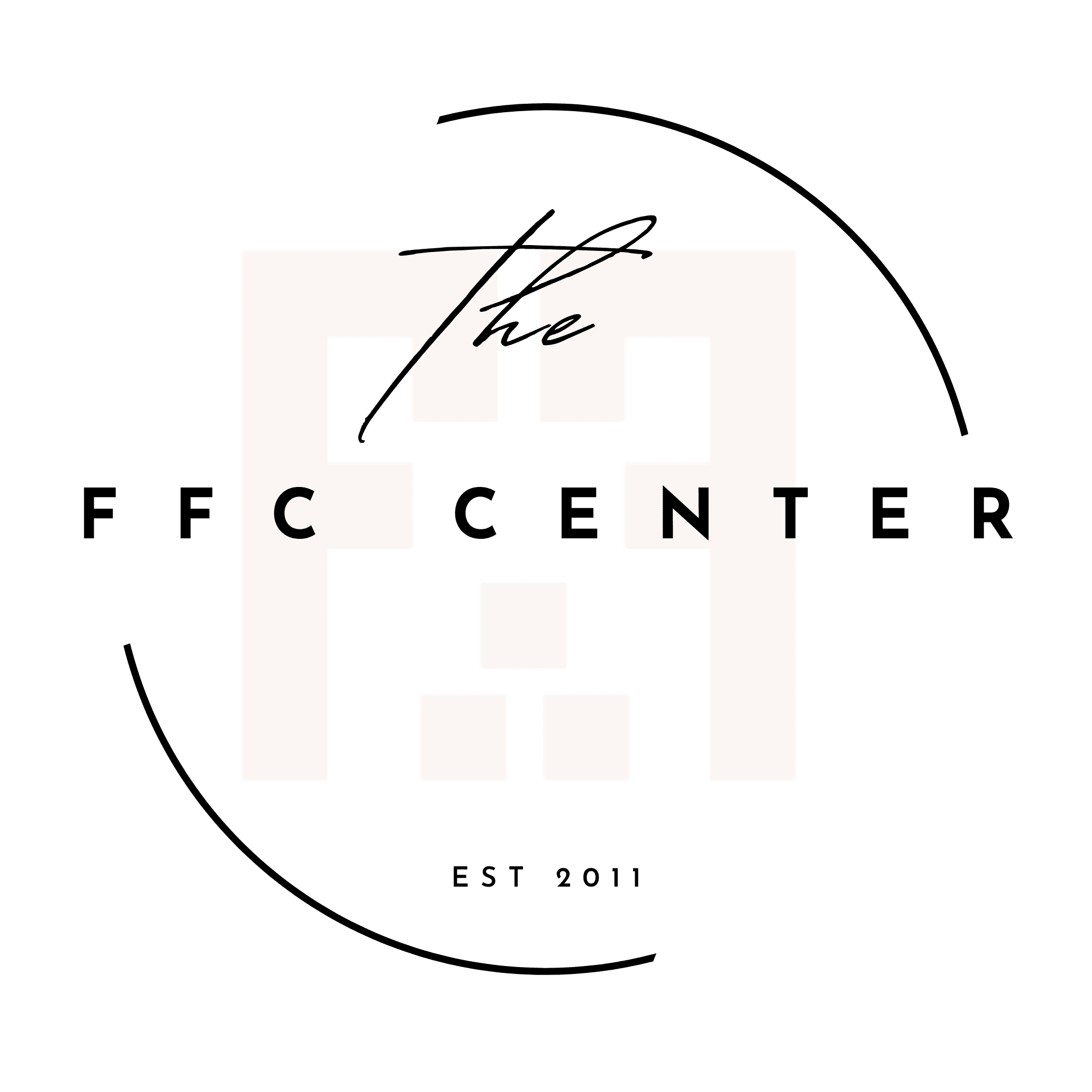Have you ever wondered what it takes to connect with an emotionally avoidant person?
You know, it’s the person in your life who withdraws when you bring up an issue or try to have a tough conversation. The more you highlight a problem the more they ignore it or they may even be quick to dismiss their feelings about something painful. They may reach for a drink or be quick to get away. You may notice that they don’t offer much affection and don’t seem to really need much in return. In short, they are hard to get close to. Does this sound familiar? The fact is that everyone knows somebody like this and has experienced the awkwardness of being in a relationship with them, be it a spouse, parent, friend, sibling or co-worker. The closer in relationship you are to the avoider the harder it can be not to fall into their negative negotiation cycle.
The Cycle of Negative Negotiation: What Doesn’t Work
Some of these negative negotiation tactics can manifest as passive aggressiveness, devaluing criticism, angry tirades, disconnection/isolation, giving the silent treatment or my favorite ignoring the problem and acting like everything is normal. More likely than not, communication becomes limited or screeches to a halt until a) enough time passes or b) another “something” arises to take the focus away from the emotional event. The problem with this is that instead of bringing you closer (which is the desire), it keeps you further apart. These unresolved issues can lead to bigger problems such as:
- increased stress
- anxiety
- sadness
- anger
- marital crises
- broken relationships
- Fill in your side effect here:____________
5 Quick Tips for Reconnection
- Recognize that the problem is there and that it is REAL: Minimizing or dismissing a problem can be confusing and dishonoring to others involved
- Strike when the iron is COLD: Schedule a time to talk. If you try to have the talk when you are actively emotional it will lead to the negative cycle and all the problems that come with it.
- Be honest about what you feel and encourage the Avoider to be honest with you. For example, let them know that you care for them and have the desire to be closer and that (fill in the problem here) is keeping you from having a deeper connection
- Accept responsibility and be accountable for your part of the dysfunction
- REPAIR: The hard conversations need to happen for reconnection and healing to happen. Notice that I didn’t say that the problem would be fixed or go away. Healthy interactions need to happen over & over for negative patterns to change. Life will happen and struggles are apart of the life experience. However, life struggles are more bearable when you have others to help you go through the tough times.
How have you dealt with the avoiders in your life?
